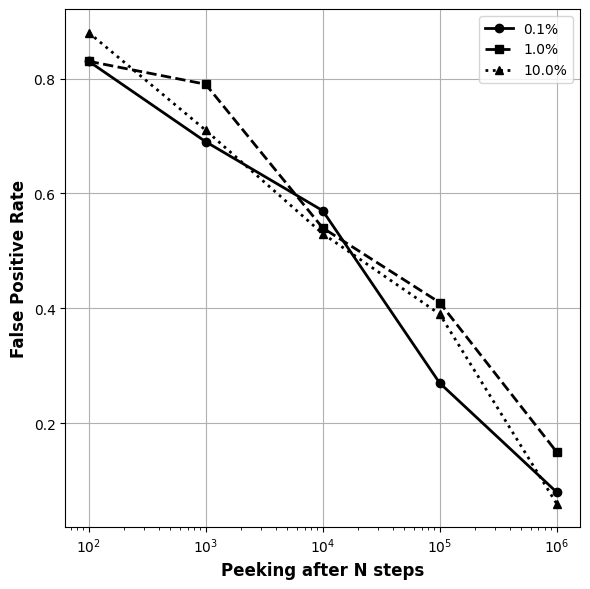“Must, Should, Could, Won’t — and What’s for Lunch” — title suggested by GPT
In software, we use the MoSCoW method to prioritize requirements: must-haves, should-haves, could-haves, and won’t-haves.
Maybe I’m taking it too far, but I’ve been running my kitchen this way.
The Must
When I invite friends for lunch, there has to be a “wow” dish — something worth their time and appetite. It might be a hard-to-find local specialty, a nostalgic favorite that transports them back to childhood, or a recipe that’s been hyped in our group chat for weeks.
Press enter or click to view image in full size
It’s the reason they drive 10 miles each way, skip breakfast, and snap a Instagram post.
This centerpiece is usually rich and meaty. Lately, that’s been lamb spine stew (羊蝎子), pressure-cooked ham hocks (大棒骨), or stir-fried clams (炒花蛤). Most can be cooked the night before, giving me a chance to quietly cancel if things go sideways.
So I go bold. I order exotic ingredients, try rare recipes, and improvise proportions. Only when the main dish is off the stove do I think about the rest. It’s either the spotlight or the stoplight.
The Should
There should be one or two veggie-based dishes. Light, clean, and refreshing. They balance out the heavy main and make everyone feel less guilty for indulging. Even the most diet-conscious guest should find it easier going for seconds.
Here, I play it safe: microwave-steamed lettuce with oyster sauce (蚝油生菜), or a smashed cucumber salad (拍黄瓜). They take under 15 minutes, yet they bring freshness and color to the table.
Press enter or click to view image in full size
When the main course is drenched in gravy, guests expect to see greens. If I can’t deliver, no excuse will save me — only a bag of frozen broccoli florets might. That’s why these are should-haves.
The Could
Asian meals usually need a carb component.
I’m from China northern, so my carb choice wheaten (skrrrr). If I’ve got time the night before, I’ll knead something from scratch. Flavored flatbreads (椒盐饼, 香河肉饼, 麻酱糖饼, 千层饼, 葱花饼, …) or steamed buns (馒头, 花卷, …) are often a hit.
Press enter or click to view image in full size
After the meal, I like sending guests home with a few pieces of my pastry, sealed in a Ziploc bag. (Oh yess… It just has to be a Ziploc, like how mama packed their school lunches back then.) It’s a small, edible souvenir of the day, a reminder — during their future meals — that Ming’s a good cook.
But I never stress over it. It’s a could-have: delightful, but optional. When time runs short, my trusty rice cooker ensures no one leaves hungry.
The Won’t
Then there are the won’ts.
Some friends adore foie gras or fancy pastries, but I’m no trained chef — most delicacies and desserts are out of my reach. Unless I have an unusual amount of time (and perhaps a touch of boredom or a need to flatter), I usually skip their culinary wishlists. I’ll get there one day — just not in this release cycle.
A side note: I confused myself while writing about the won’ts. My first draft went:
I avoid serving bottled soda, canned food, or pre-packaged salads. They dilute the cozy, intentional feel of home cooking. A home meal should taste like time and attention, not convenience. Unless a guest explicitly asks for a refrigerated Coke, the only drinks they’ll get are my home-brewed kvass or kombucha.
Press enter or click to view image in full size
But that’s not quite right — in MoSCoW, won’t-haves aren’t anti-goals; they’re features deferred to future versions. The difference matters.
Afterthoughts
In software, we use MoSCoW to decide what must be built now and what could wait.
At home, I use it to remind myself what makes a meal meaningful.
To rehash the analogy:
- Must: The reason they come to your dining room instead of a diner.
- Should: The expected features whose absence would make the l(a)unch a shame.
- Could: The extra delights that extend the pleasant experience. They may even trigger re-engagement.
- Won’t: The desired features we’re not ready to deliver just yet.
Good hosting, like good product management, is about prioritizing — whether you’re feeding a table of friends or shipping a product with limited resources.
.png)



